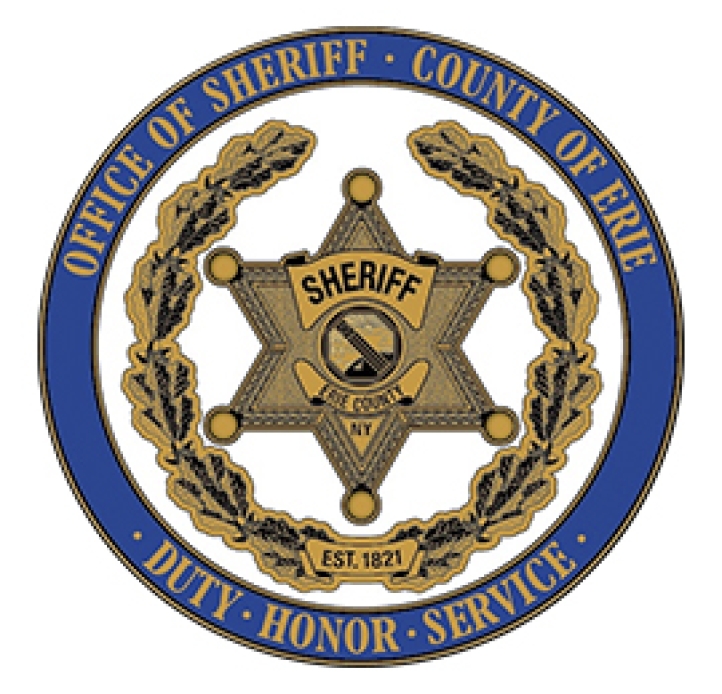Buffalo State Criminal Justice students graduate with transferable skills they can apply to any career—policing, courts, corrections, private industry, or even other fields. Through critical thinking, analysis, and problem-solving training, our students learn from expert faculty who mentor and encourage growth while preparing them for successful careers.
Schedule a Visit Accepted Students: Secure Your Spot Apply Now!
Degrees Offered
Criminal Justice, B.S.: focuses on the causes, definition, and prevention of crime, as well as the legal process criminals go through and how they might be rehabilitated. Criminal justice majors may study law, justice, public administration, crime statistics, sociology, psychology, and even philosophy. The department offers three concentrations for students who would like to specialize in a particular field.
Criminal Justice, M.S.: prepares students for leadership positions in professional criminal justice fields or for advanced graduate study. *fully online beginning Fall 2026
Criminal Justice Combined Pathway, B.S. and M.S.: allows highly qualified current students to earn up to 12 credits of designated master’s courses while completing the bachelor’s degree program.
Prior Learning Credit (PLC)
The Criminal Justice Department will consider Prior Learning Credit (PLC) for its degree programs. Please contact the department for further details.
3
Undergraduate concentrations
100+
Undergraduate and graduate courses
30
Average class size
5%
Expected job growth rate through 2029
$63,380
Median income for police detectives
Who Hires Our Students





Criminal justice graduates enjoy jobs that are never dull and allow them to make a true difference in the safety and well-being of others. Some criminal justice career opportunities include:
- Alcohol/Tobacco/Firearms Agent
- Child Fostering and Social Services
- CIA Agent
- Coast Guard Officer
- Compliance Officer
- Computer Forensics Specialist
- Corrections Officer
- Court Clerk/Reporter
- Crime Scene Investigator
- Criminologist
- Customs Agent
- Drug Enforcement Agent
- FBI Agent
- Forensic Psychologist
- Homeland Security Agent
- Homelessness/Poverty Alleviation
- Immigration and Naturalization Agent
- Law Enforcement Officer/Sheriff
- Lawyer/Attorney
- Trauma/Abuse Counseling
- Paralegal
- Police Detective
- Private Investigator
- Private Security Guard
- Probation Officer
National Criminal Justice Honor Society: recognizes the academic excellence of undergraduate and graduate criminal justice students.
Criminal Justice Club: aims to educate Buffalo State students on crime and safety, as well as encourage principles of self-awareness, unity, determination, and responsibility among criminal justice majors.
Mock Trial: open to all majors; fields a team of students who take part in a simulated legal competition each year as part of the American Mock Trial Association.
Undergraduate students may gain research experience by working with a faculty member on an independent study. More than 400 Buffalo State students present their research through posters and performances each year at the Student Research and Creativity Conference. They also compete for Undergraduate Summer Research Fellowships, which support eight weeks of paid research activity. Criminal justice graduate students have the option to complete a master’s project to gain real-world research experience.
SUNY Washington Internship Program: During students’ junior or senior year, they can participate in semester-long internships at places like the Naval Criminal Investigative Service, the Department of Justice, the Federal Bureau of Prisons, and more.
“The people I’ve met and lessons I’ve learned are unforgettable."
Long History
Buffalo State’s criminal justice program is the oldest such program in Western New York.
Quality Meets Convenience
Beginning in fall 2026, the Criminal Justice M.S. will be a fully online program, designed to be completed in as little as one year, making it the ideal choice for working professionals.
Exciting Minors
Students may pursue minors in criminal justice and intelligence analysis.


